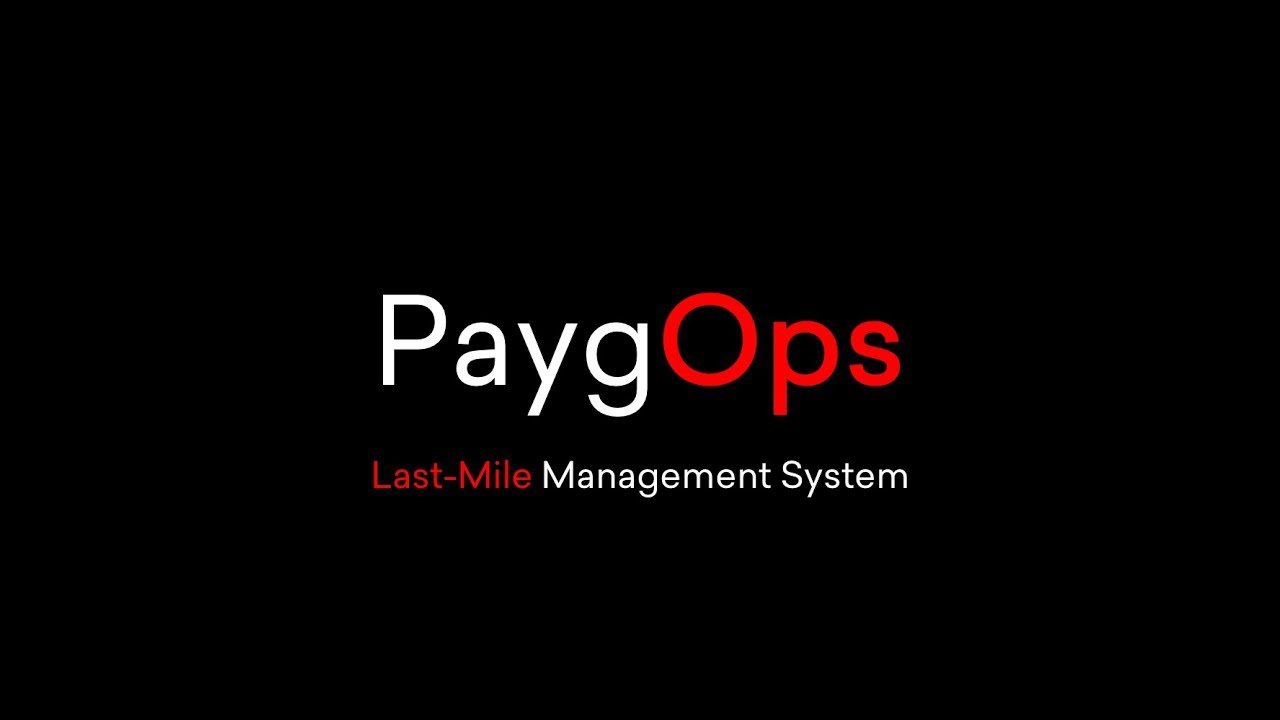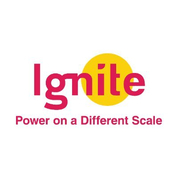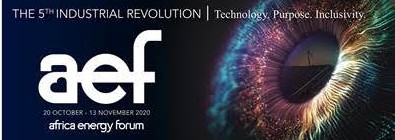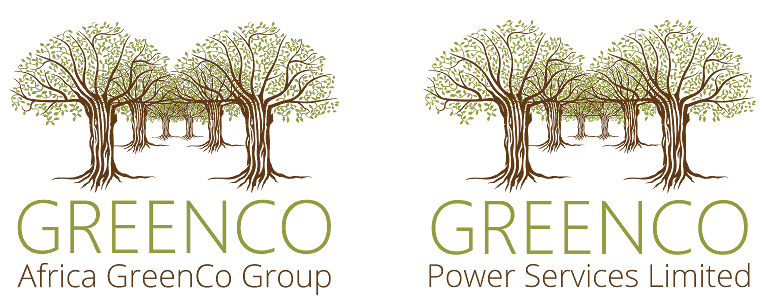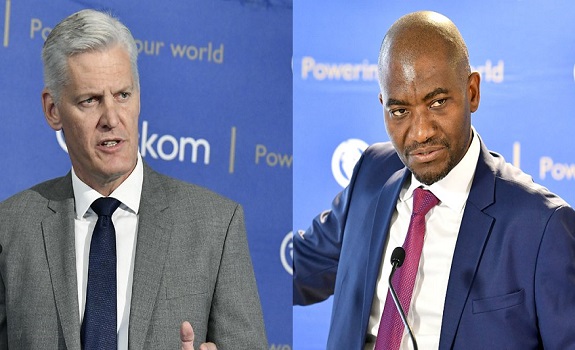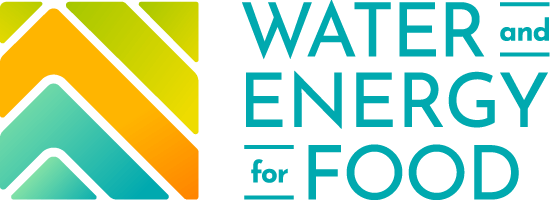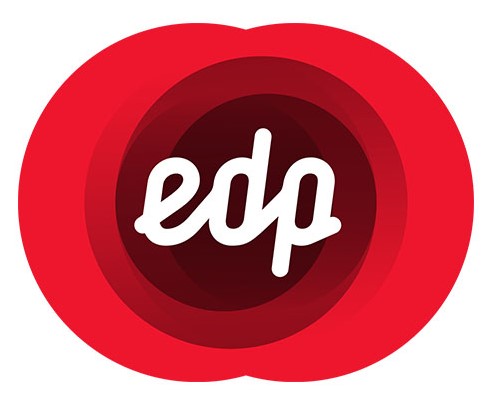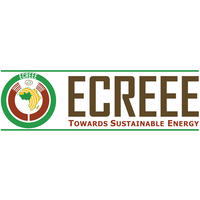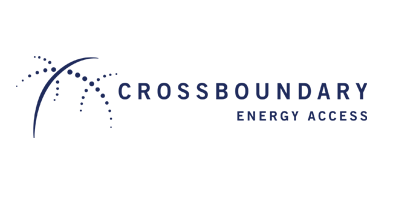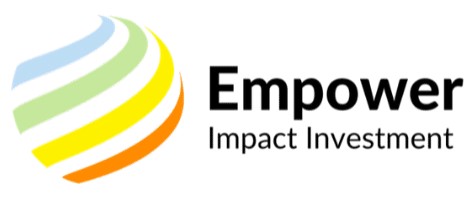29 September 2020: Life is cool with Koolboks and PaygOps announcing a refreshing partnership to provide energy-efficient refrigerators built to generate continuous cooling in the absence of power. This innovative product combines advanced Paygo technologies and affordability to empower households and small businesses at the BoP!
“We’re thrilled to be working with the PaygOps team to expand the outreach of our products to customers that are very sensitive to upfront investments. It has been a highly positive experience so far and crucial to our mission to make refrigeration accessible to all.” Says Ayoola Dominic, CEO and Co-Founder, Koolboks.
Utilising the natural power of the sun and water, Koolboks has created a truly innovative product for the Sub-Saharan African market. This is the Koolhome solar refrigerator that provides continuous cooling for up to 4 days in the absence of power and sunlight and comes equipped with external LED bulbs for lighting at night and 2 USB ports to charge mobile phones. This is made possible through its innovative ice batteries. During the day, ice is stored in ice batteries through solar energy rather than lithium batteries and used at night when the sun is out. This solution reduces production costs by over 40% and increases energy efficiency.
To reduce the high upfront costs required to own solar refrigerators, the Koolhome solar freezers have integrated in it a PAYGO technology that enables customers to pay for the cooling service in small installments. This makes use of Solaris Offgrid’s OpenPAYGO token implementation which works by the generation of tokens. The users will input these tokens into the device (refrigerator) through the keypad to activate the refrigerator for a certain period of time.
Thanks to the OpenPAYGO Token, an open-source solution developed by Solaris Offgrid and The EnAccess Foundation, the Koolhome solar refrigerator is now Paygo-enabled, to offer more flexibility and affordability for customers at the last-mile, through easy payment instalments. In addition, distributors of Koolboks products will be able to integrate with any Paygo software such as PaygOps to efficiently manage their last-mile operations thanks to advanced lease financing, sales, after-sales and inventory management features.
“PaygOps is on a mission to provide greater access to essential services beyond SHS. Access to cold/freezing services is such an essential commodity to farmers, micro-entrepreneurs and households, making the services provided by Koolboks critical to so many. Through the means of Paygo technologies, such as Openpaygo Token and PaygOps, we are honoured to support Koolboks in its expansion” adds Thibault Lesueur, Co-founder and CMO at Solaris Offgrid.
###
About Solaris Offgrid: Solaris Offgrid supports solar energy distributors to build strong customer traction and greater relations with investors through flexible and inclusive Paygo solutions, designed for last-mile operations. Adopting a bottom up approach in the design of its solutions and creating synergies with a strong network of partners to solve last-mile challenges, the company has already deployed Paygo solutions in nearly 20 countries through PaygOps, Solaris Offgrid in-house software solution built “In the Field, for the Field” and its product design services. Leading reference in the off-grid solar market, PaygOps, is engineered to deliver modular and interoperable solutions to address off-grid energy access challenges and distribution complexity.
About Koolboks: Koolboks is a tech startup based in France with an offshoot in Nigeria that seeks to democratise the way the world experiences cooling. It’s mission is to make refrigeration affordable and accessible to all, by providing solar powered cooling devices. Koolboks coolers, the first Koolboks product, have been sold in 70 stores globally, gaining widespread attention from publications such as GQ, Le Figaro, Forbes, BFM News, Journal Du Geek and Le Parisien. Looking to diversify and cater specifically to the Sub-Saharan African market, they have created the Koolhome. Koolboks aims to utilize its technology for the betterment of mankind and to provide increased access to clean energy.





